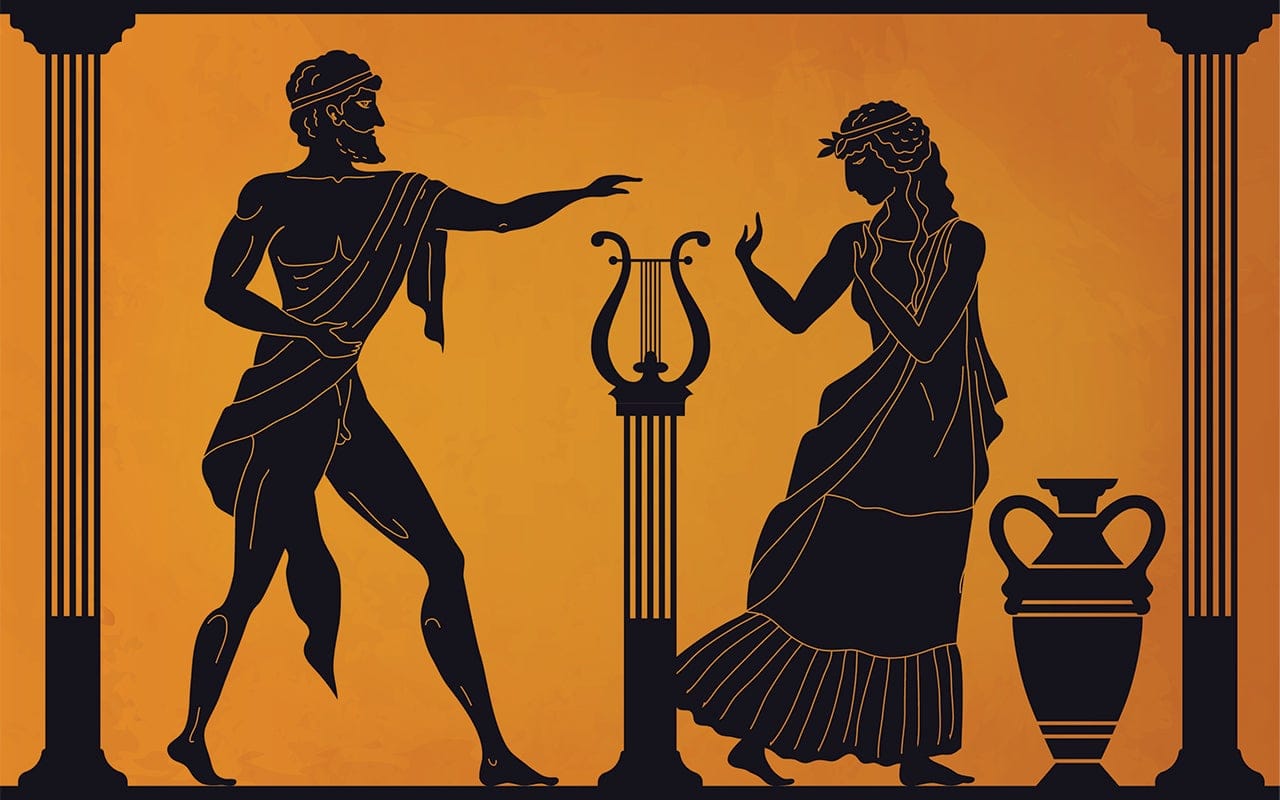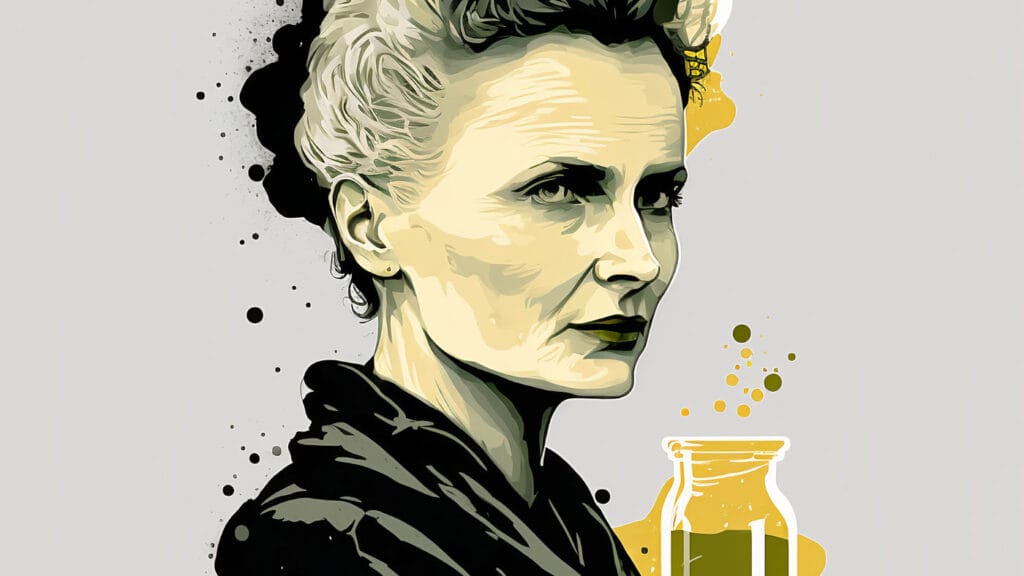Nowadays, many of us have become enthusiasts of myths and mythologies. Across the globe and in every existing city, there are stories—sometimes unbelievable, sometimes filled with hope and good news. While the most well-known stories are often those told around the campfire to scare children, most myths and tales actually reflect beliefs that everyone holds deep within themselves. Less viewed as religion in recent years, these myths are experiencing a resurgence, to the point where we are witnessing the revival of certain religions once suppressed by Christianity. Whether it’s paganism or Hellenism, we see myths becoming more deeply embedded in the unconscious and returning as sources of prayer and belief, bearing hope or tragedy.
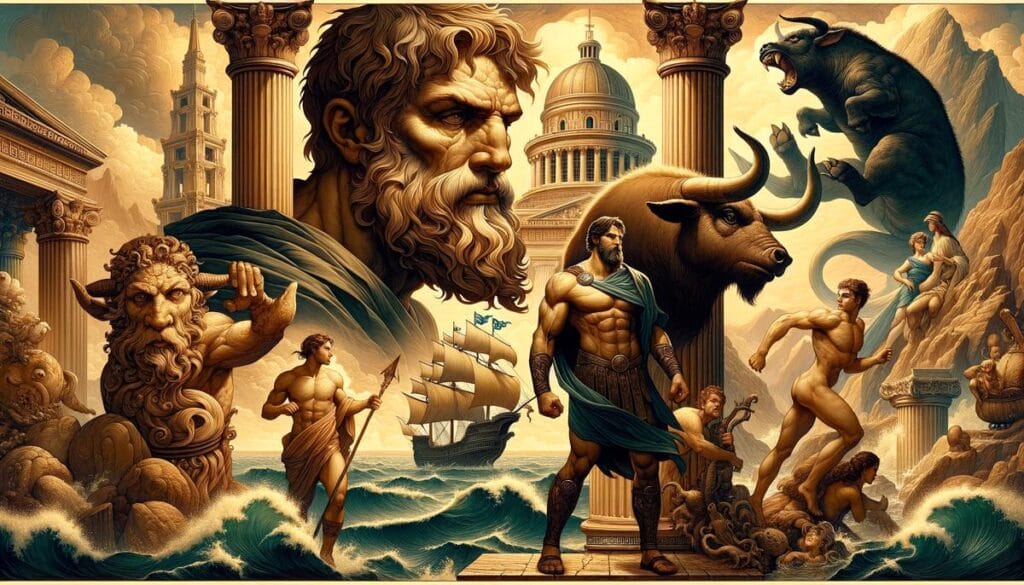
Indeed, witches, relegated to the realm of myth for many years, have nonetheless managed to leave their mark on the collective imagination, and many superstitions stem from the fear they instilled over the years. But the time is no longer for fear; rather, it is for curiosity and interest. Many people are reclaiming practices that could have led them to the stake in the past, such as tarot, divination, or the use of plants.
And although myths are supposed to be false, many practices still occur, like praying to the ocean or the sea god for mercy on ships, or the fear and curiosity that lead people to visit places steeped in history, like the Brocéliande forest in France or Gévaudan.
Many philosophers believe that myths are stories designed to conceal a deeper truth, and even though their own colleagues have argued that a myth is merely a lie fueled by fear and/or wonder at phenomena that were not yet explainable at the time, myths have managed to survive for centuries, demonstrating their particular interest and impact on different cultures.
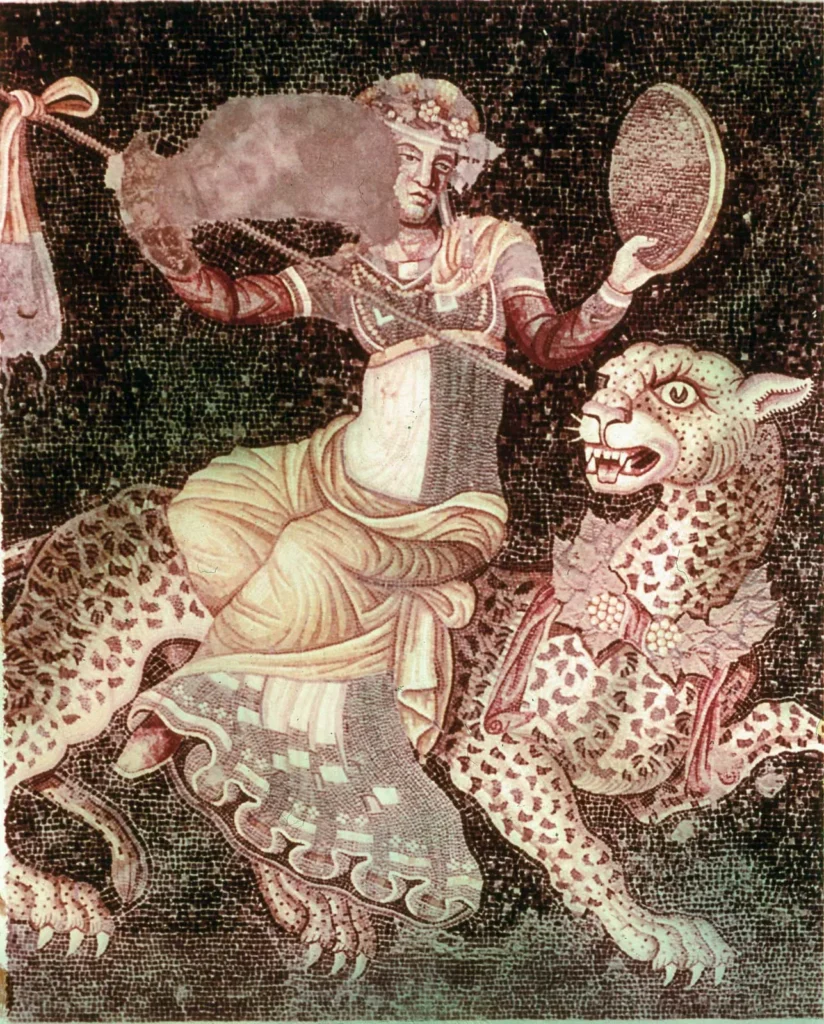
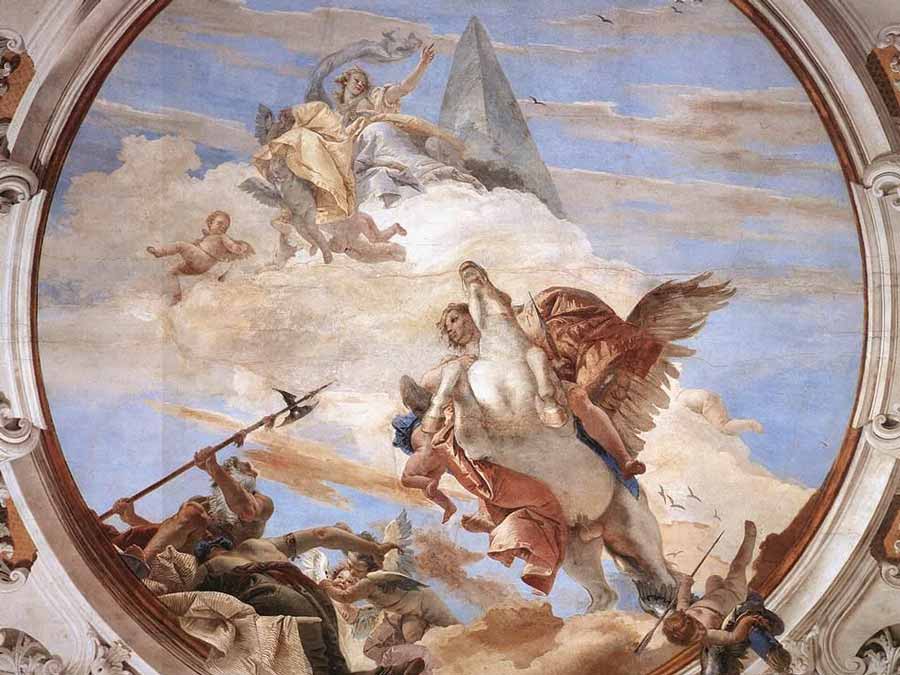

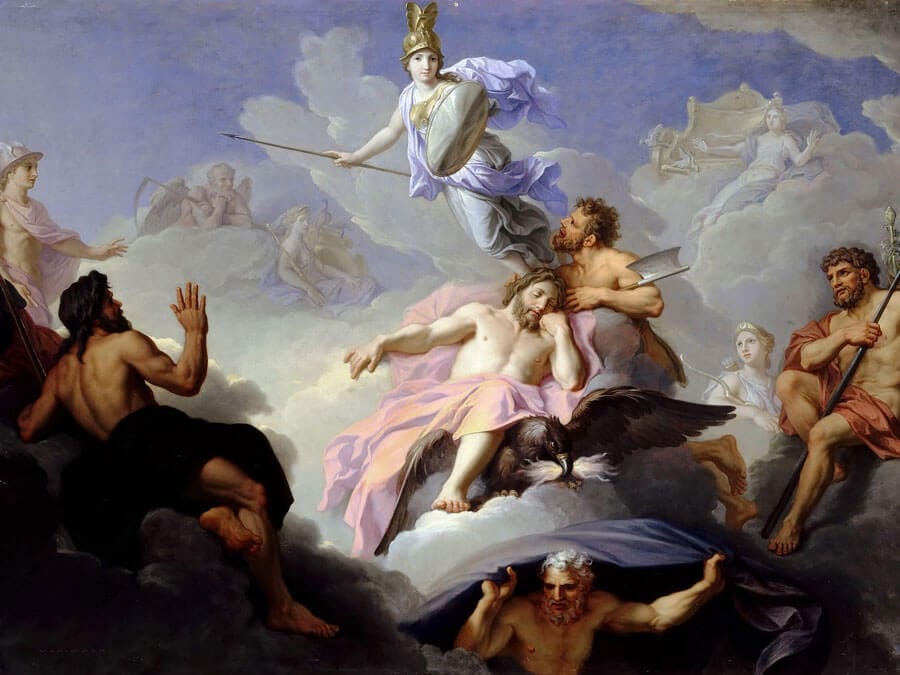
Each culture has its own myths, and while the word “myth” often resonates with “religion,” each person is free to believe in and pray to the deities they support. But how can one believe in certain deities without believing in the epic tales in which they participated?
A Christian believes in God and Jesus; a Muslim believes in Allah and Muhammad. It is therefore difficult for a Hellenist not to believe in Zeus and Ulysses. And although each religion only recognizes its own existence, the world tolerates many broader religions. It is time to allow certain myths to regain a more important place in the hearts of some and to follow one’s inner voice to choose one’s growing interest. Nothing prevents one from learning about multiple beliefs.


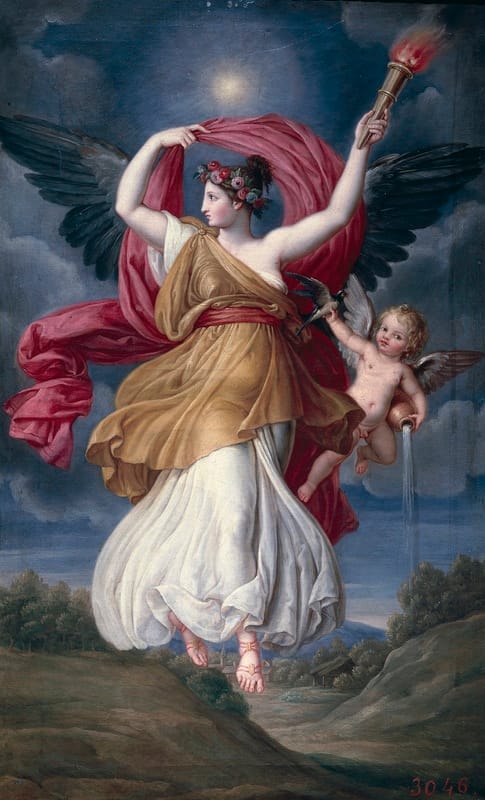
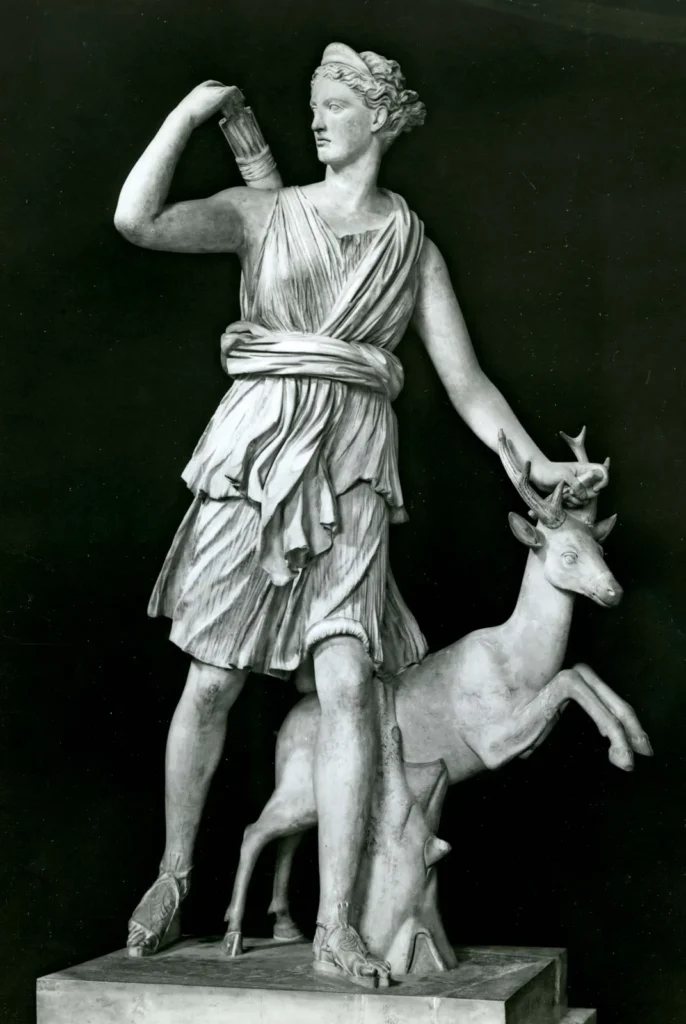
Numerous vestiges of ancient times leave each country with its share of history and beliefs, such as menhirs, temples, or pyramids. It is hard not to take an interest when nearly half of our various entertainments are based on beliefs and myths: witches, mermaids, strange beasts, or ancient gods. It’s complicated to remain ignorant of these, and if you are among those who already have their religion and think all of this is just old stories based on lies, that’s great. Having a strong belief can greatly contribute to personal growth, but I’m tired of seeing some use the resurgence of ancient beliefs to mock those who take a deeper interest in them.
The wildest stories of today often recount historical facts, yet part of these same stories is still deemed false by those who see them as distorted or inconceivable. This article does not intend to pass judgment; everyone is free to believe what they wish. It aims to advocate for the liberation of speech and beliefs. The knowledge and beliefs of others should not always alter your judgment.
